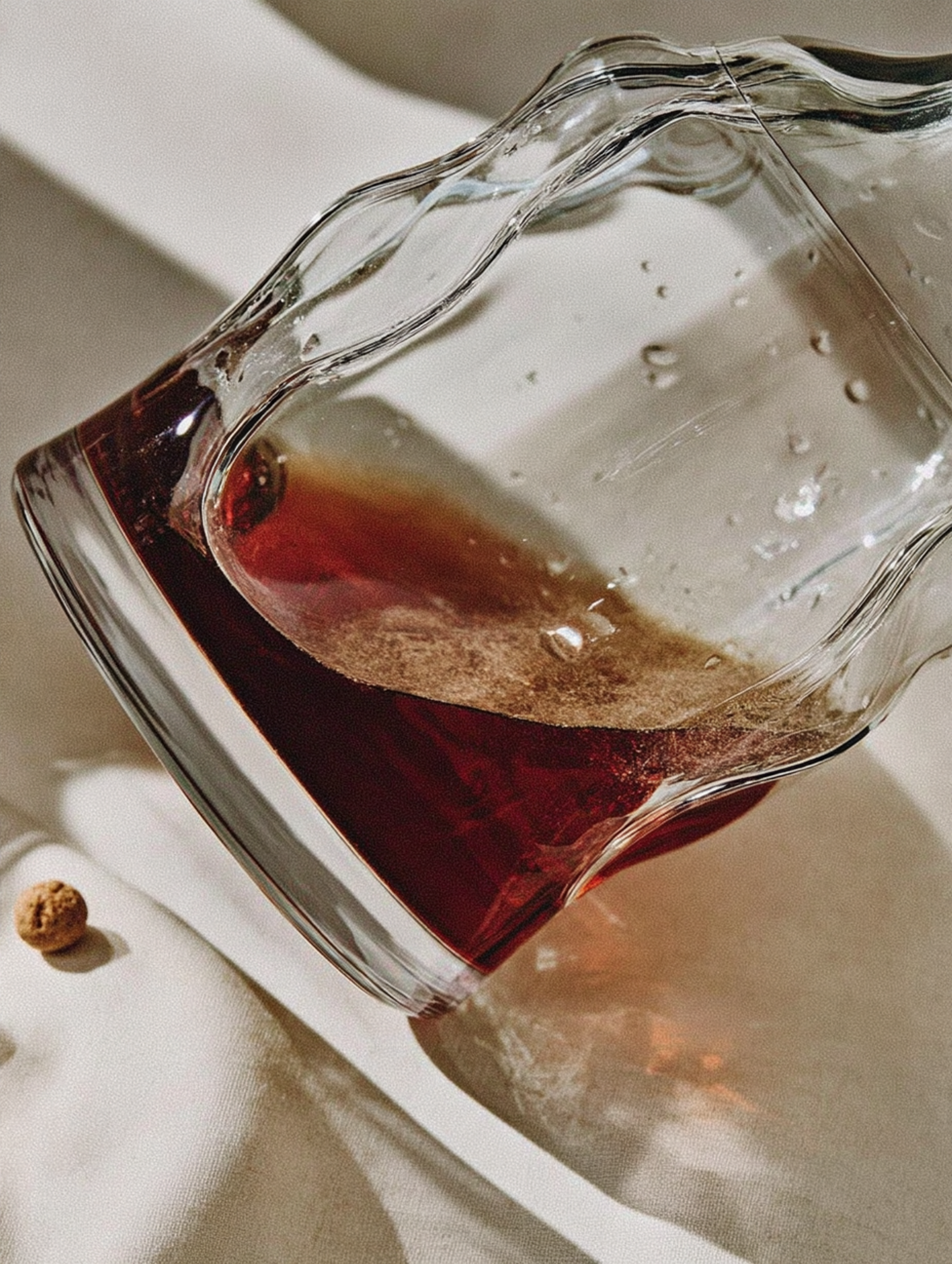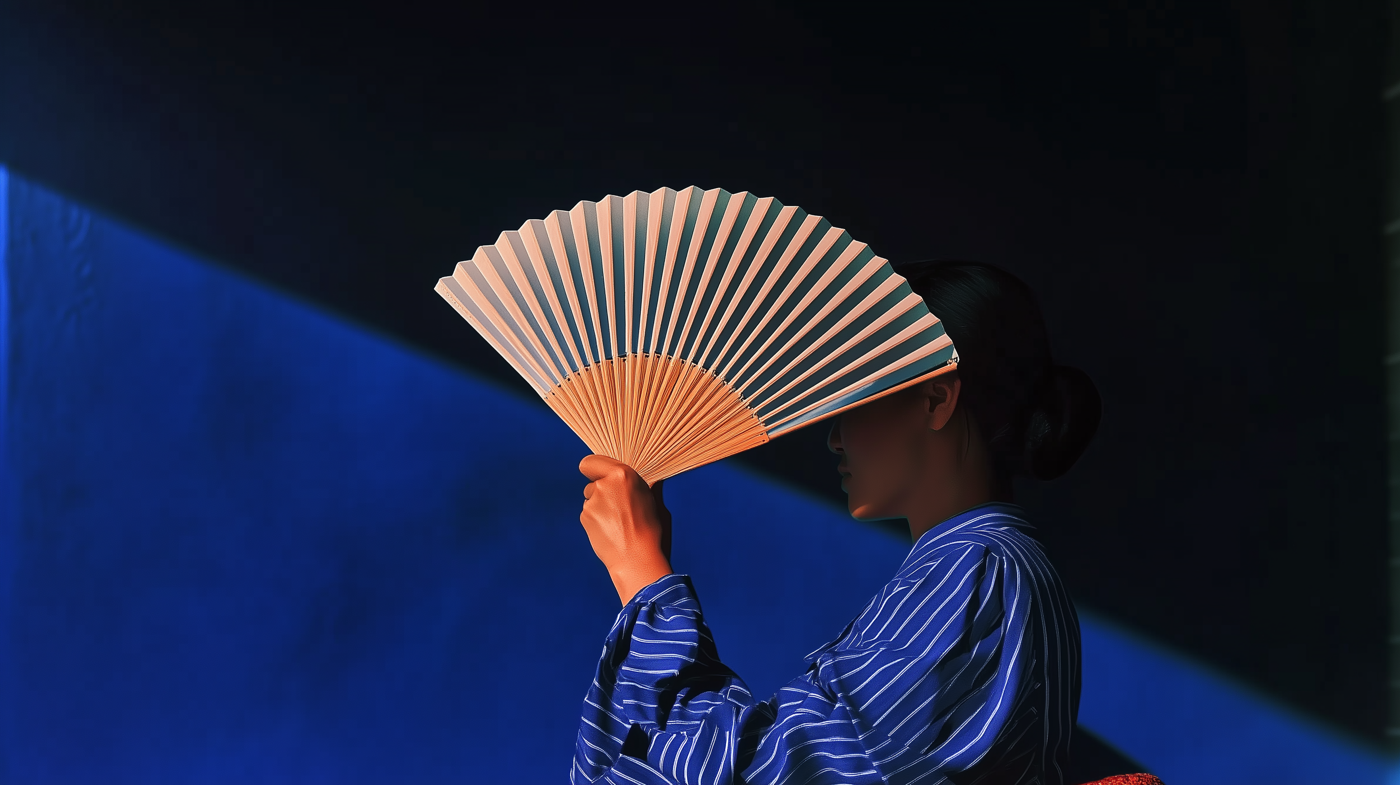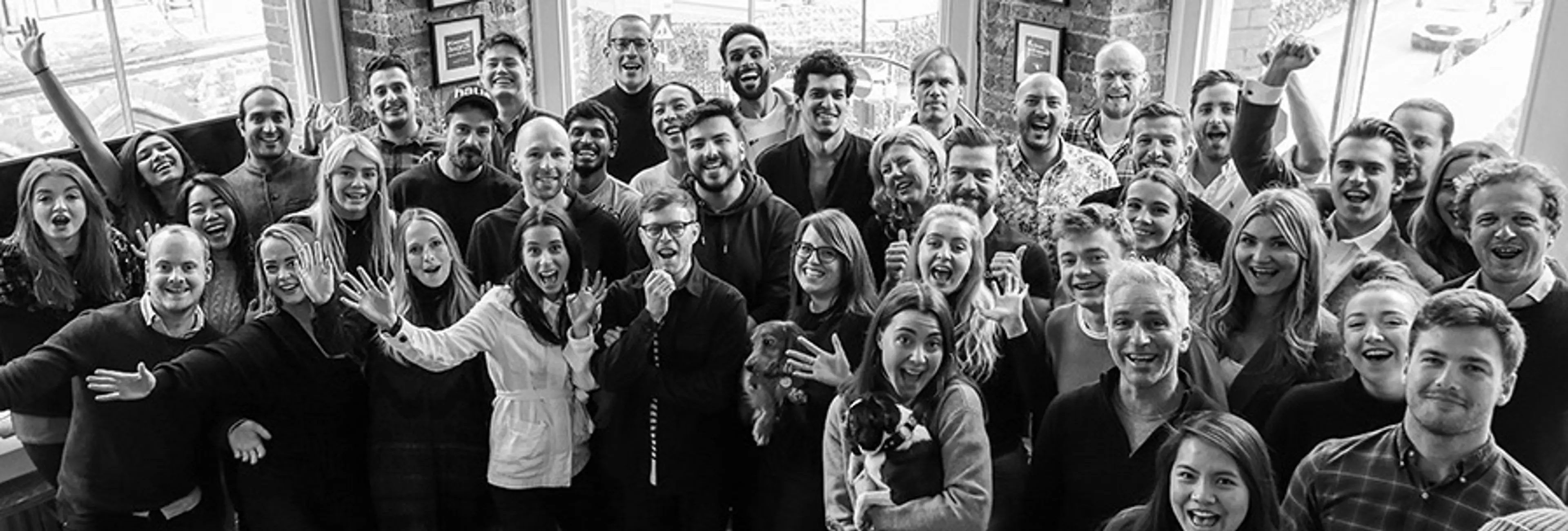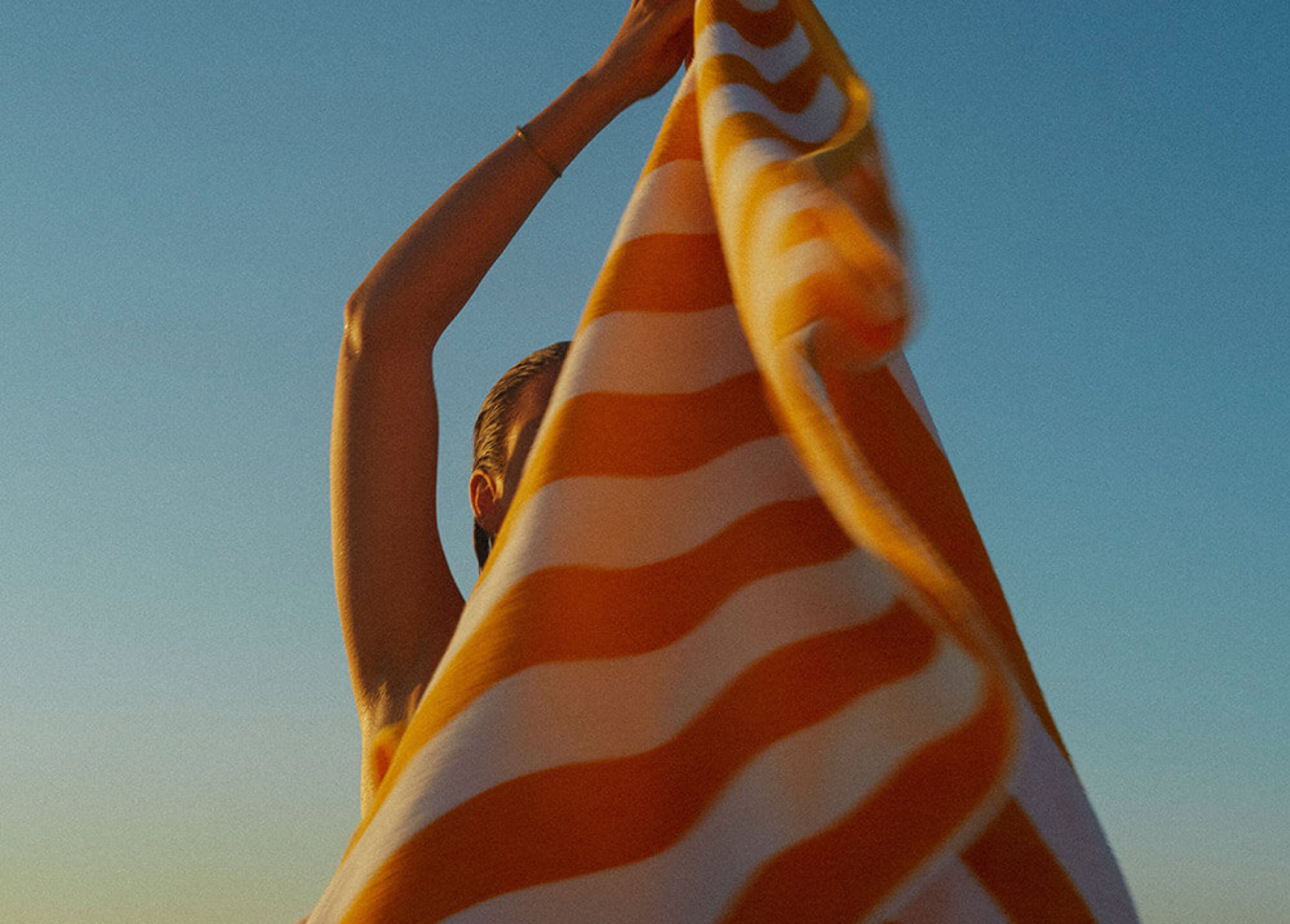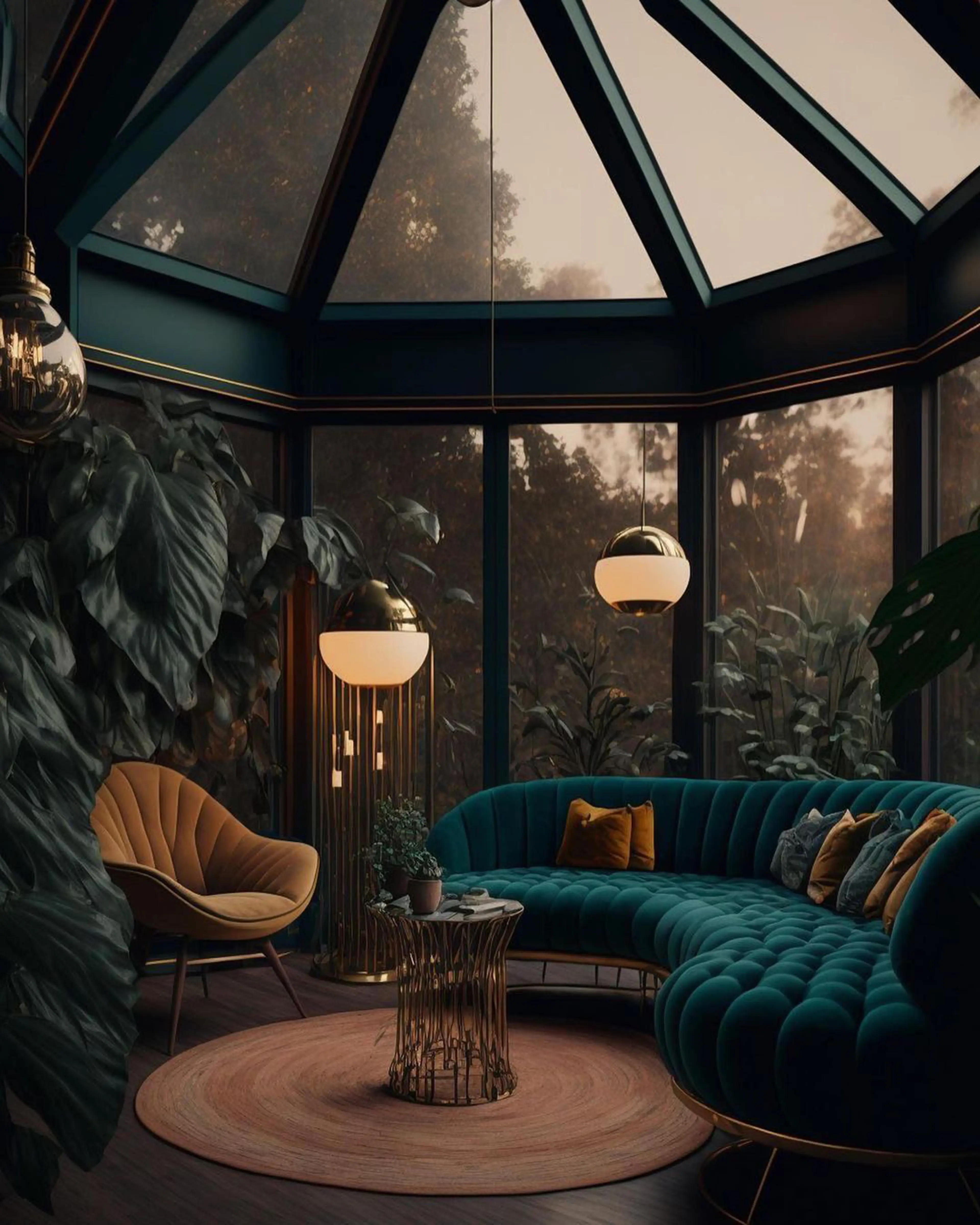
Hospitality & Travel
1 Mar 2024
5 Min Read
The Luxury Hospitality Trends Report
Valued at USD 140.28b in 2023, the global luxury hotel market is anticipated to grow to 369.23b by 2030. For brands who want to light the way, below are six key shifts defining the state of luxury hospitality beyond the short-term, curated by the Matter Of Form team.
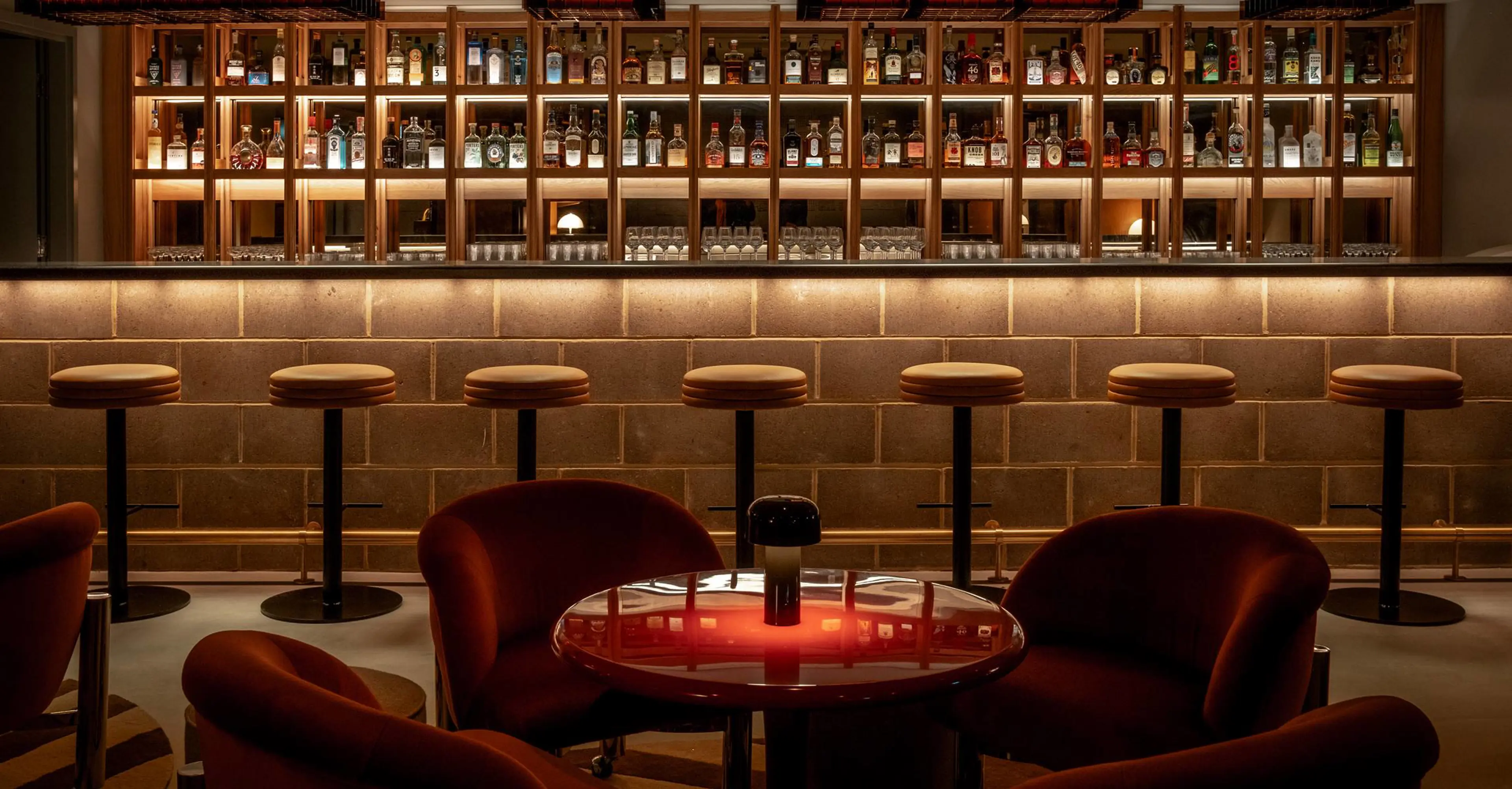
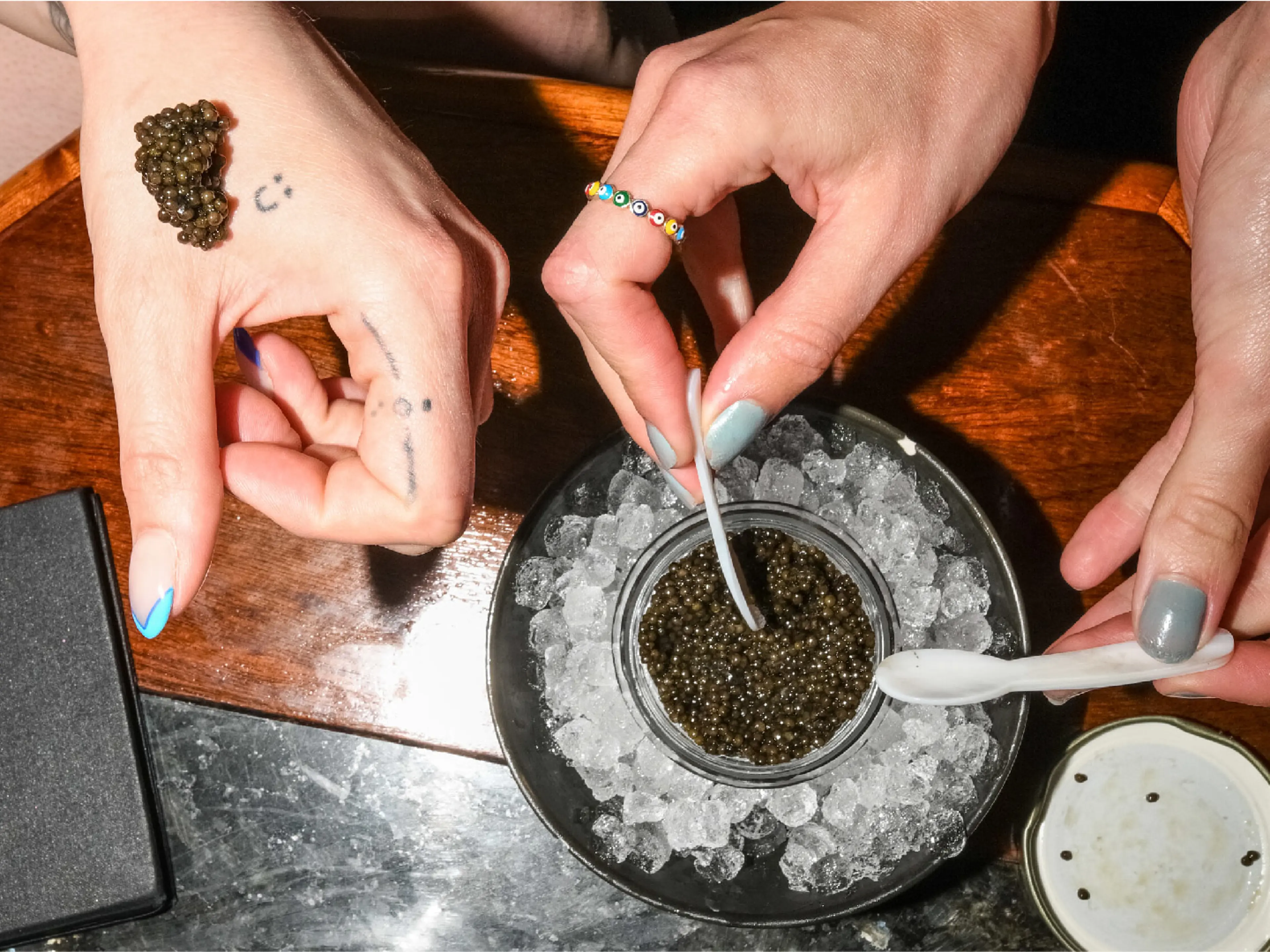
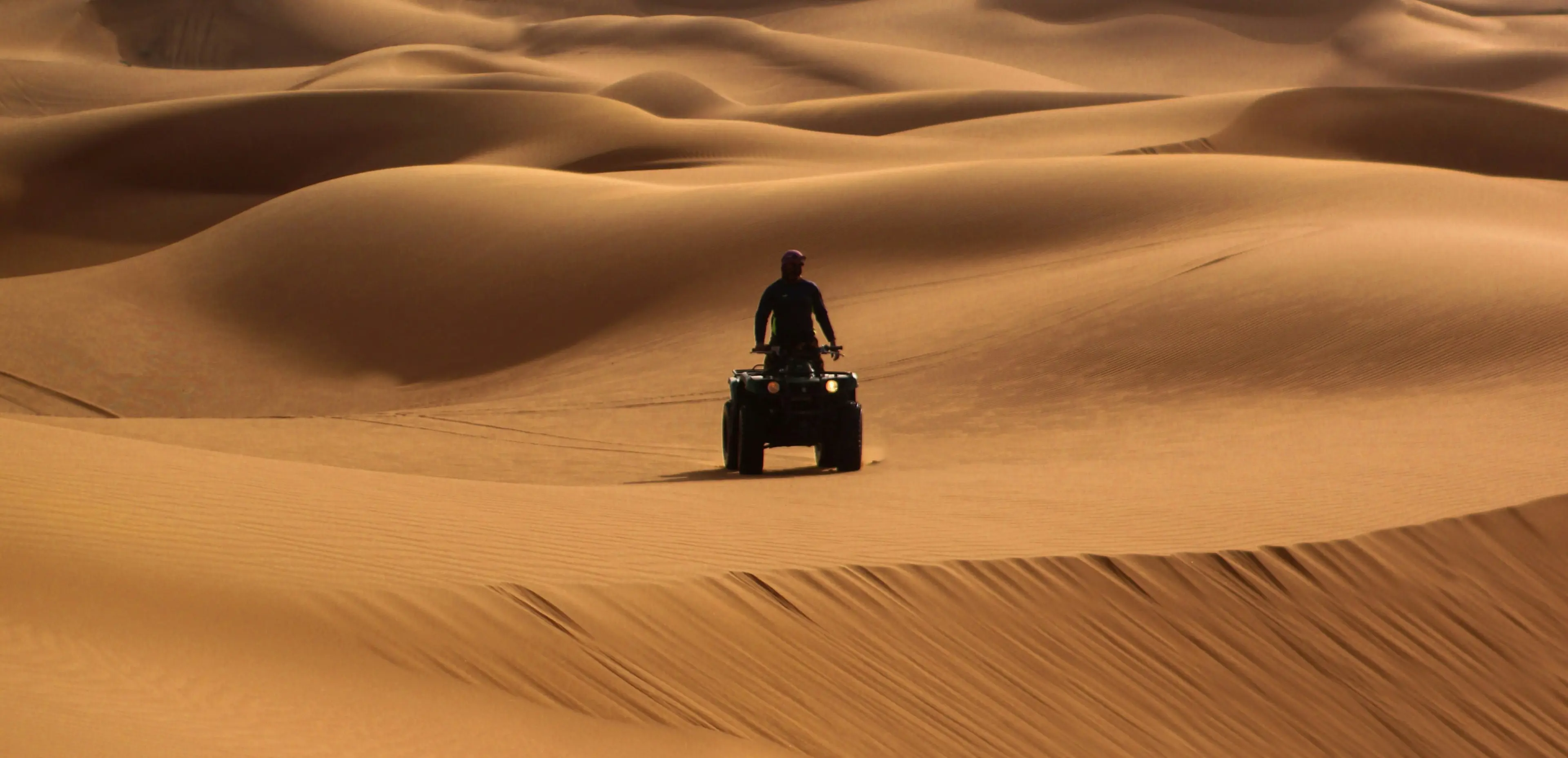
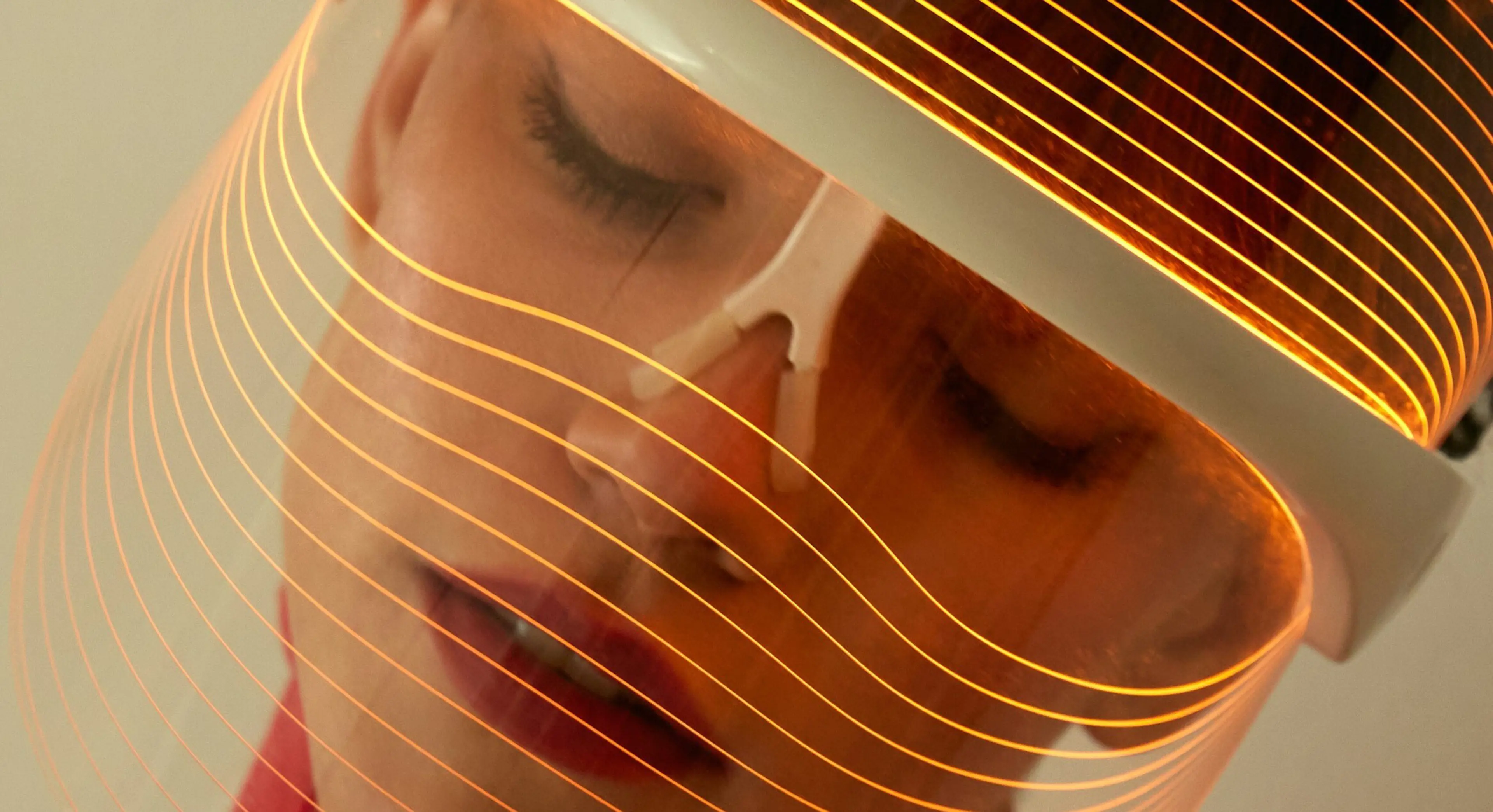
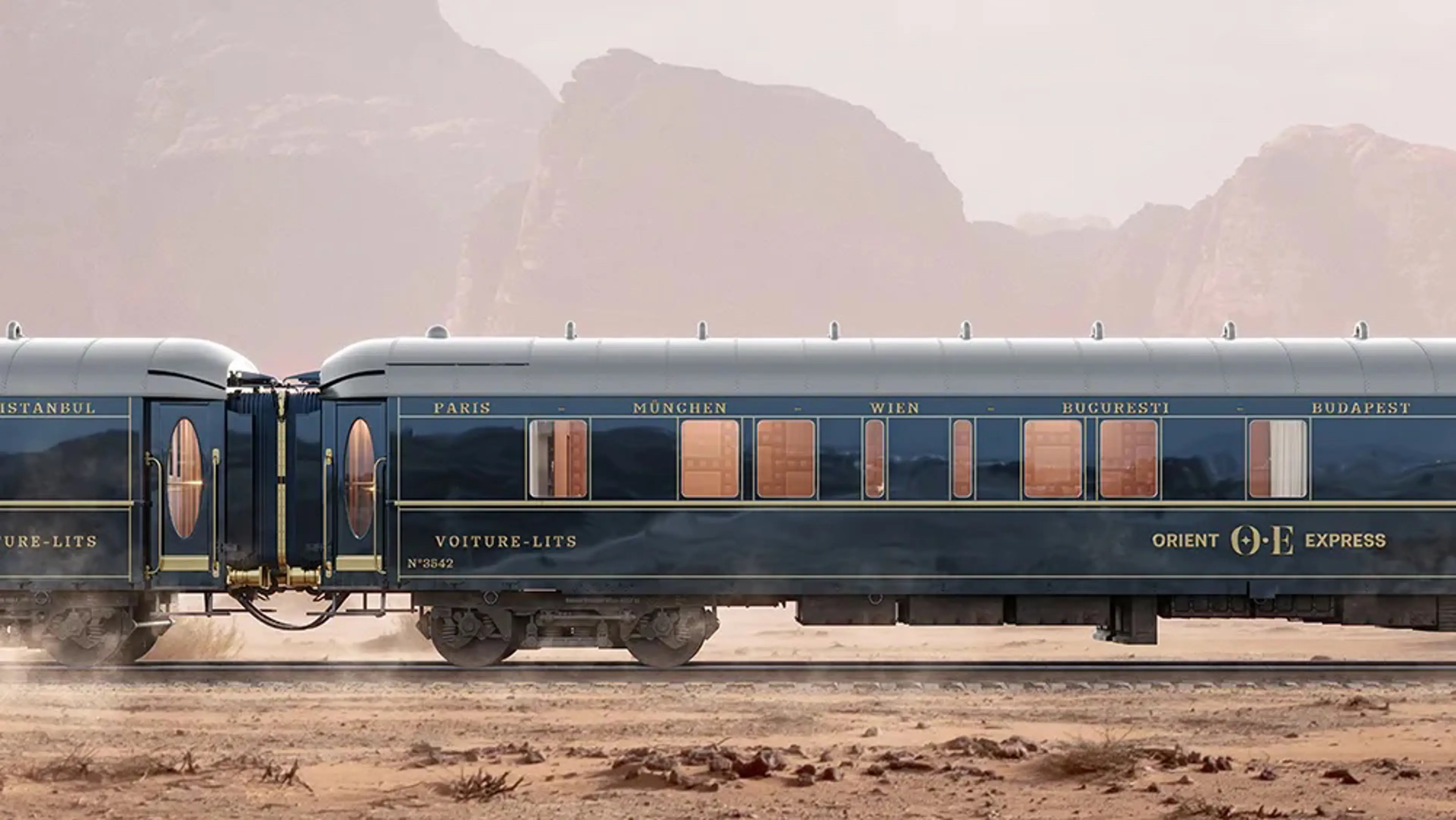
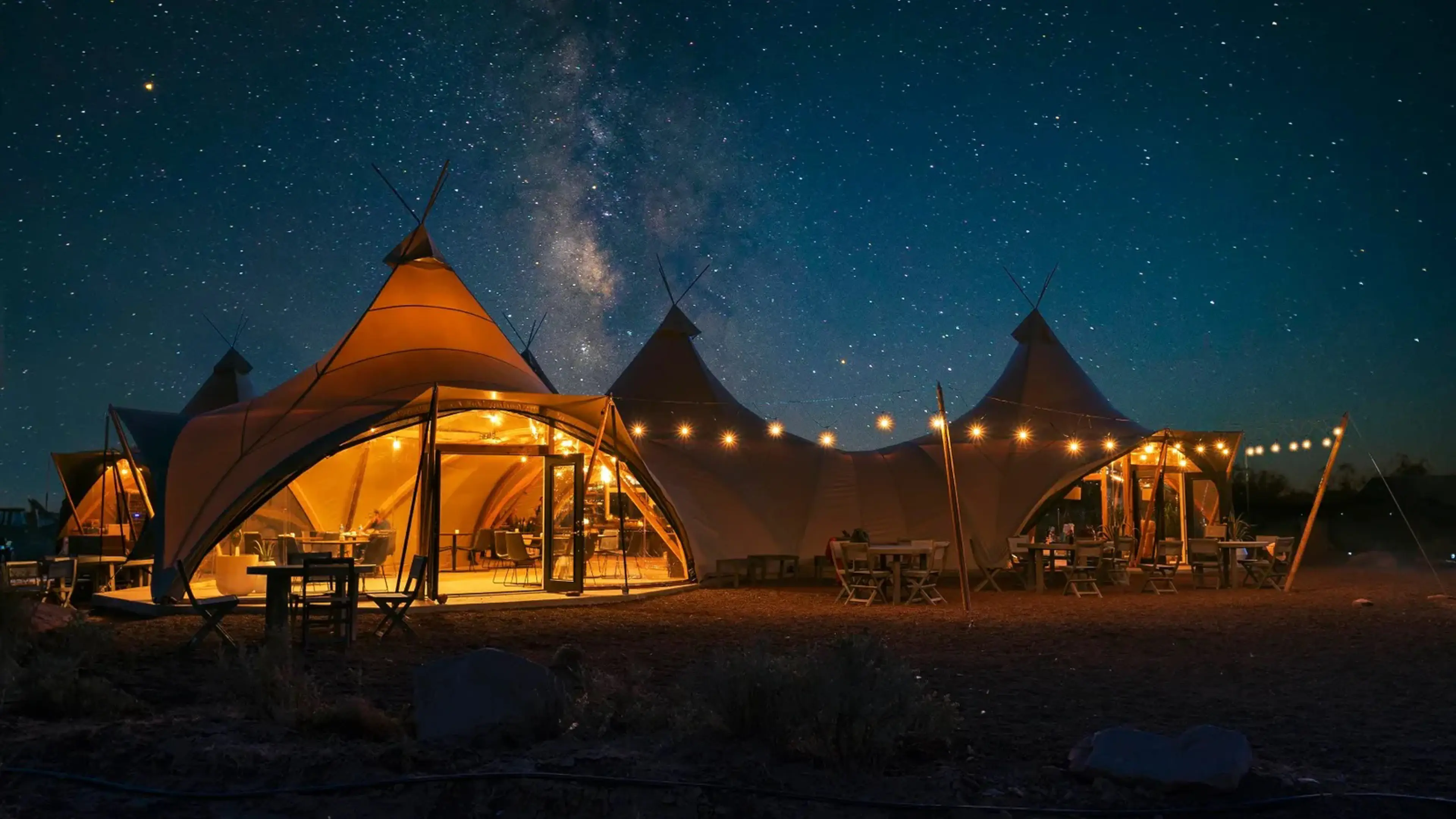
Design
Tech & Innovation
Hospitality & Travel
